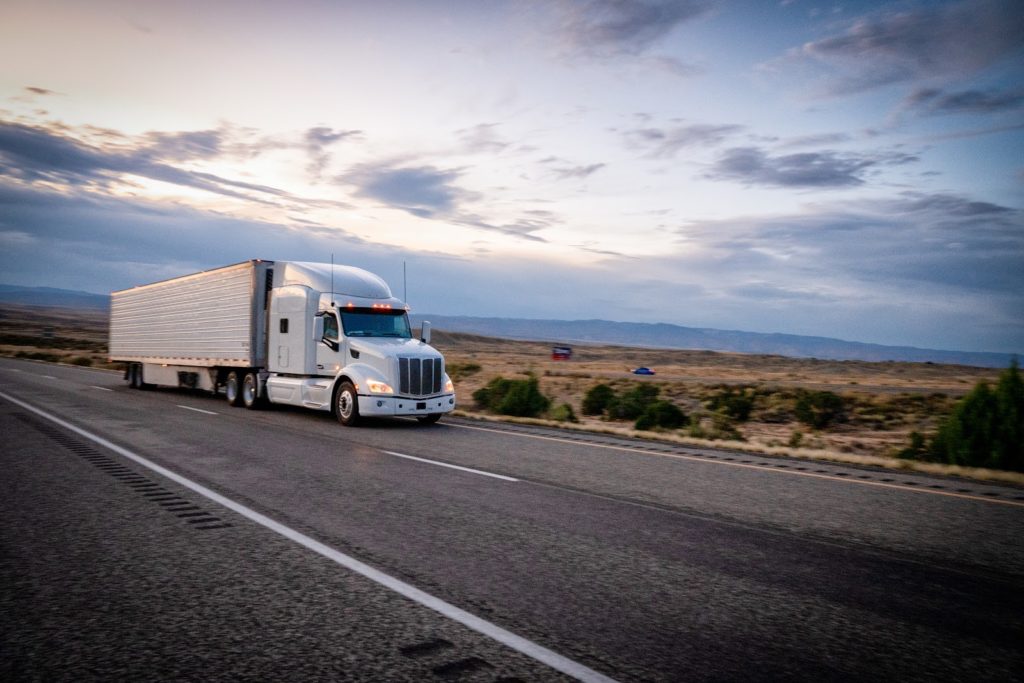FedEx Ground Routes: Pick-Up and Delivery vs. Linehaul
Becoming a FedEx contractor is a unique business opportunity with excellent revenue potential and a lot of flexibility.
If you are thinking about buying your own routes and becoming a FedEx contractor, you have two primary options: Pick-up and delivery (P&D) routes or linehaul routes. The following is a quick breakdown of each one.
P&D Routes
Pick-up and delivery routes are exactly what they sound like: Contractors operate a fleet of vans or small trucks to pick up packages and transport them to commercial businesses and residential locations.
P&D routes have historically been broken down into home delivery routes (primarily residential delivery) and ground routes (delivery to commercial businesses). However, under the new FedEx ISP Model, FedEx now requires all P&D contractors to be “overlapped” and service both residential and commercial customers in their given service area.
Considered the “last mile” component of the delivery life cycle, P&D routes are an ideal way to break into the business of owning FedEx routes. The routes (and the vehicles needed to cover them) are typically smaller and less expensive to purchase and maintain, and there are fewer driver requirements.
To learn more about becoming a FedEx Ground contractor, click here.
Linehaul Routes
With linehaul routes, drivers are transporting semi trucks between FedEx Ground hubs all over the country, either individually or in teams. The routes are considerably longer (several hundred to several thousand miles) and require drivers to have a valid commercial driver’s license (CDL).
Linehaul routes consist of three types of runs: dedicated runs, unassigned runs, and spot runs. Dedicated runs operate continuously along the same route, while unassigned runs originate in the same place but the destination will change. Spot runs are a bit of a hybrid between P&D and linehaul: drivers operate large linehaul trucks to transport freight for large regional customers, such as retailers.
Though more expensive to purchase, linehaul route businesses typically offer larger revenues and cash flows when compared with P&D route businesses; contracts pay on a per-mile basis, meaning a single run may generate over four times more revenue than a P&D route.
To learn more about FedEx linehaul routes, click here.
Whether you are buying or selling routes, having the right broker on your side is important.
Becoming a FedEx contractor, or selling your FedEx routes when the time is right, is a significant financial decision and one that requires multiple steps and a lot of careful consideration.
Working with a dedicated FedEx brokerage firm ensures that the transaction is carefully managed and your financial interests are protected. Not only will you get a detailed and accurate route valuation, but a seasoned broker understands and can help you complete all of the documentation involved with buying and selling FedEx routes.
Brokers are especially important for sellers because they offer access to an extensive database of qualified buyers who are ready to purchase. Plus, a broker will assist with preparing a professional and compelling offering memorandum that positions your route business as a prime investment opportunity. Finally, the right broker can offer the expertise and guidance sellers need to successfully navigate the FedEx approval process.
Partner with KR Capital and take the guesswork out of FedEx route sales.
As a leading FedEx brokerage firm in business for nearly a decade, KR Capital has developed a robust inventory of resources and partnerships that is second to none. Our proven sales process and years of experience positions us as a best-in-class resource for any independent contractor looking to sell their routes for top dollar.
If you’d like to learn more about purchasing a FedEx route business or if you’re ready to sell your routes, call KR Capital at 503.664.0753 or contact us online today.




